EU Supply Chain Act
European Commission publishes draft “Corporate Due Diligence Directive”.
News on the EU’s planned sustainability reporting obligation (CSRD)

Developments at EU level in the field of sustainability and the planned obligation for companies to report remain dynamic.
Supply Chain Act – Federal Government reaches agreement

The draft law is intended to oblige companies to pay more attention to minimum social and ecological standards.
Climate neutrality in the supply chain

Suppliers are thus required to make their processes and products available in a climate-neutral manner.
German Supply Chain Act clears final hurdle

On 27 May 2021, the grand coalition agreed on the amended government draft of the Supply Chain Act.
Lieferkettensorgfaltspflichtengesetz (LkSG) passed

In June, the long-awaited Supply Chain Sourcing Obligations Act (LkSG) was passed by the Bundestag. Who is affected?
Arqum launches new energy efficiency project in China

The aim of the network is the exchange between companies on climate protection.
PartnerAfrica project with UBW

UBW and Arqum launch project on environmental and sustainability education in Ghanaian industry.
Development of the German Training Week – Energy Efficiency

The focus is on increasing the energy efficiency of local actors.
Carbon Footprint of Video Streaming

Video transmission using fiber optics almost 50 times more efficient than via UMTS Many people are not aware that surfing the Internet and streaming movies and music leads to considerable CO2 emissions. For example, video streaming in HD quality causes large amounts of greenhouse gas emissions, depending on the transmission technology. The technology used to […]
Online Training – Energy Efficiency in India, Nepal, Bangladesh & Vietnam

From September to the end of November 2020, Arqum will conduct a broadly based online training course on energy efficiency for companies in India, Nepal, Bangladesh and Vietnam. The project was initiated by GIZ’s internal sector network TUEWAS (Transport, Environment, Energy and Water in Asia). Currently, TUEWAS connects over 60 projects in 16 Asian countries […]
International Online Training: Water Management in Azerbaijan
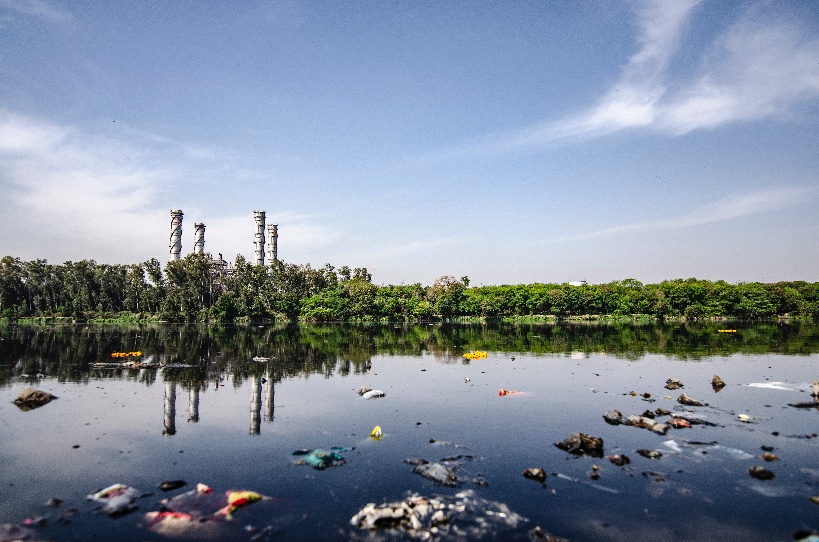
In collaboration with the German-Azerbaijani Chamber of Commerce (AHK Azerbaijan), Arqum organized an online training course on water and wastewater management for companies from various industries, state institutions and municipal service providers. The course took place in several online seminars between mid-September 2020 and the end of October 2020. In countries such as Azerbaijan, water […]
Together on the Path to Climate Management

Climate protection is arguably the greatest challenge of our time. The topic is becoming ever more prominent on the international and national political agenda. Despite this development, the climate targets adopted can only be achieved by active involvement of the private sector. More and more companies and organisations are taking up this challenge […]
German Energy Efficiency Cooperations Projects Award

Zum ersten Mal wurde im Rahmen der Deutsch-Chinesischen Energiepartnerschaft der “Sino – German Energy Efficiency Cooperations Projects Award 2018“ verliehen. Dabei wurden fünf Leuchtturmprojekte deutsch-chinesischer Zusammenarbeit im Energiesektor prämiert. Wir freuen uns mit unserem chinesischen Kooperationspartner Suzhou National New and Hi-Tech Industrial Development Area unter den fünf Preisträgern zu sein. Durch die deutsch-chinesische Zusammenarbeit […]
Conference on Sustainable Business…

Looking back: Conference on “Sustainable Business Management for the Agenda 2030 – Business Contribution to the Global Sustainability Goals” on 9th November 2018 at the Federal Ministry of the Environment How can companies make a greater contribution to achieving the goals of the German Sustainability Strategy and the Sustainable Development Goals (SDGs)? What is the […]
National Action Plan for Economic Matters and Human Rights
The National Action Plan (NAP) for Economic Matters and Human Rights of the German Federal Government In 2016, the German Federal Government adopted the National Action Plan (NAP) for Economic and Human Rights. The main objective of the NAP includes, among other things, “that at least 50% of all German-based companies with over 500 employees […]
The EU Data Protection Regulation

The EU Data Protection Regulation As from 25. May 2018, the European Data Protection Regulation replaces the EU Data Protection Directive from 1995 and constitutes the new legal framework for data protection by means of which companies need to adapt their operations. The aim is to regulate corporate processing of personal data and to […]
Project „ECOHOTEL Peru“ successfully launched
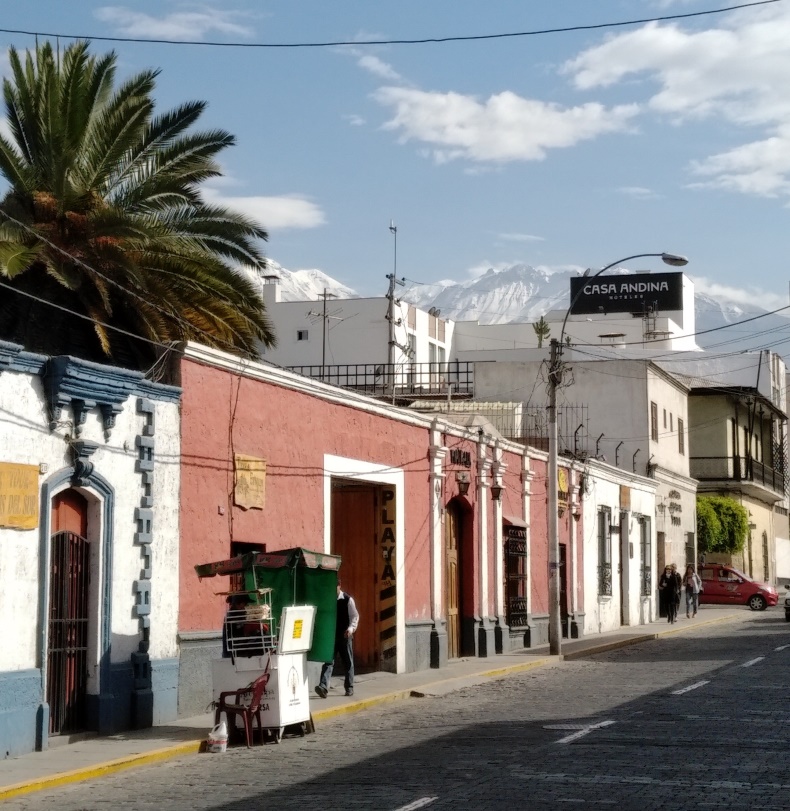
Climate Protection Project “ECOHOTEL Peru” Successfully Launched Over the next two years Arqum is conducting – together with avanti GreenSoftware GmbH and Nessus Hoteles Peru S.A. (Casa Andina) – the model project “Energy Efficiency and Climate Protection Management in the Peruvian Hotel Sector”. The aim of the project is, in addition to the introduction […]
ISO 20400:2017 – Standard for Sustainable Procurement

ISO 20400:2017 – Standard for Sustainable Procurement: The International Organization for Standardisation (ISO) published for the first time an international standard for sustainable procurement in April of this year. The new ISO 20400:2017 standard is aimed at all types and sizes of organizations, regardless of their respective activities and should help to achieve a […]
ISO 50003 – now it’s getting serious
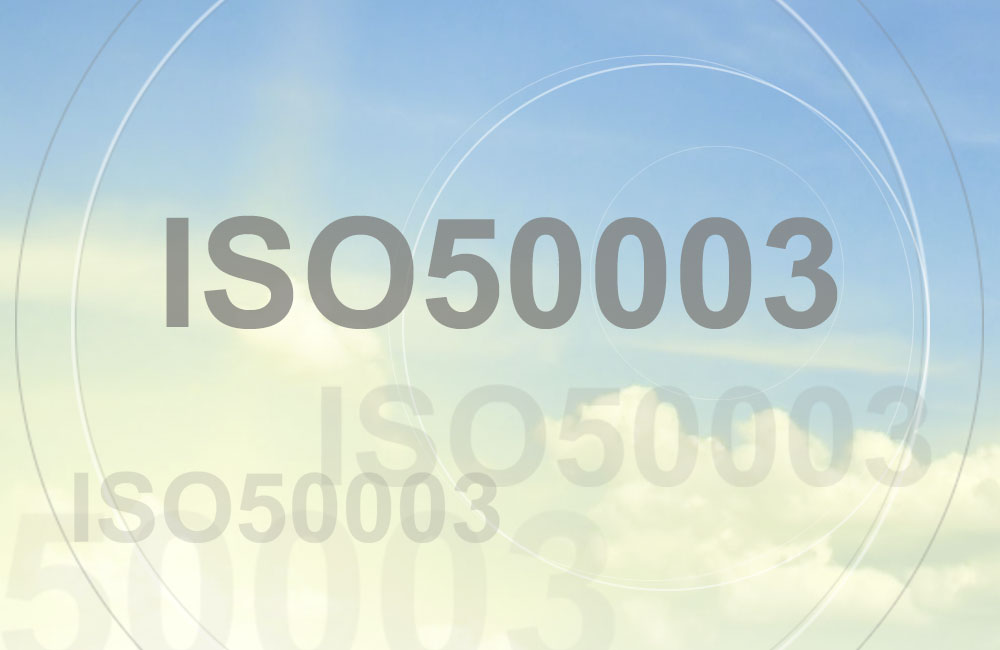
ISO 50003 – now it’s getting serious: As from October, the new ISO 50003 (Energy Management Systems – Requirements for Authorities Auditing and Certifying Energy Management Systems) comes into in force. The ISO 50003 applies actually only to the certification authorities. However, some of the requirements of the standard have a direct impact on […]
Making value chains more sustainable
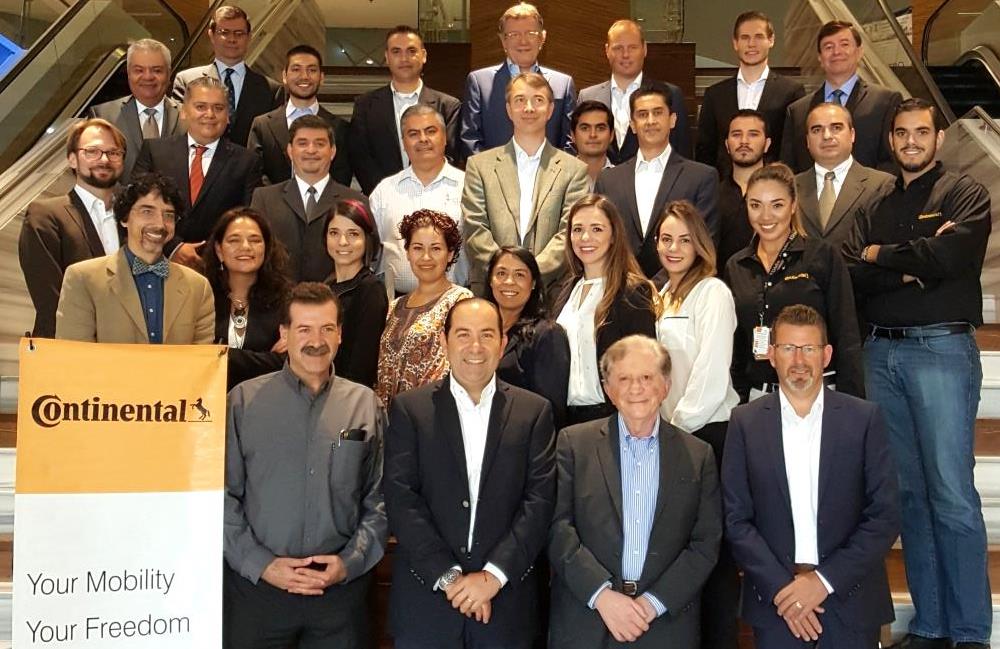
Making Value Chains more Sustainable – Continental and Arqum Complete Joint Project with Mexican Suppliers with Great Success: The improvement of cooperation with suppliers in the area of sustainability is an integral part of the environmental strategy of Continental. A special focus here lies on awareness-raising, training and practical support for the suppliers in […]
Amendment of the EMAS Regulation
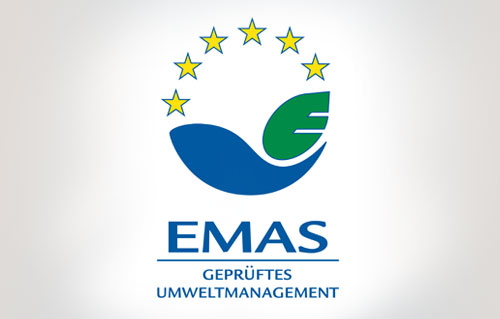
The amendment of the EMAS regulation – Changes to content and deadlines at a glance: Triggered by the amendment of the ISO 14001:2015, the EU commission has revised Annexes I-IV of the EMAS regulation and the EMAS user guide in the past few months. The main changes and user-relevant deadlines for EMAS are summarized […]
The Combined Heat and Power Act 2017: By courtesy of PwC
The CHP Act 2017 – An insight into the new privileging regulations – by courtesy of PwC: In August 2016, the German legislature and the EU Commission agreed on a comprehensive energy package. This entailed the CHP Act 2016 having to be revised again. The draft CHP Act 2017 saw, in particular, the limiting […]
Environmental stewardship in the supply chain
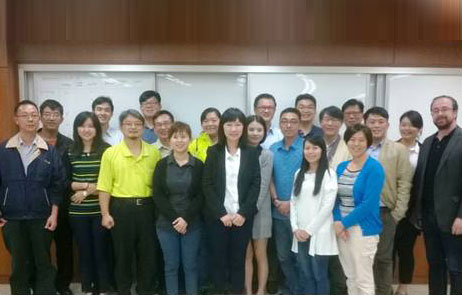
Environmental stewardship in the supply chain – VAUDE und Arqum unterstützen Unternehmen in Asien beim betrieblichen Umweltschutz: Ein Ziel der Nachhaltigkeitsstrategie von VAUDE ist es, die Zusammenarbeit mit Lieferanten weiter auszubauen, um gemeinsam Maßnahmen zur Reduzierung der Umweltauswirkungen entlang der gesamten Lieferkette umzusetzen. Hierfür haben VAUDE und Arqum das Projekt „Environmental Stewardship and Management in […]
Energy efficiency networks in Nigeria
Despite considerable energy reserves, the economically strongest and most populous country in Africa is faced with major challenges in utilising energy in a sustained manner. As the supply of power cannot be guaranteed, almost all companies and consumers use their own diesel generators for several hours a day to cover power needs. This is neither […]
Mexiko: Learning Energy Management Network
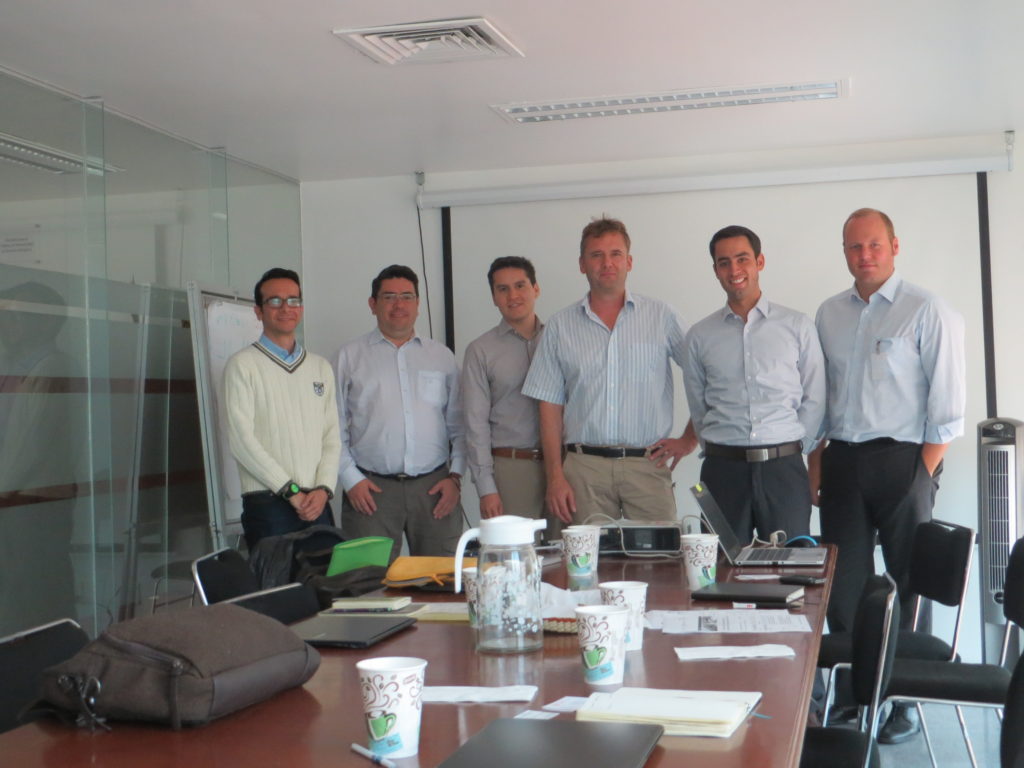
Mexico: Kick-off for the “Learning Energy Management Network” – Training of energy auditors: The pilot network was developed jointly by the Mexican Energy-Efficiency Authority (CONUEE) and the Society for International Cooperation (Gesellschaft für Internationale Zusammenarbeit, GIZ). The project is supervised and supported by national experts, as well as the promoters of CONUEE and GIZ and […]
Training of energy auditors in Sri Lanka
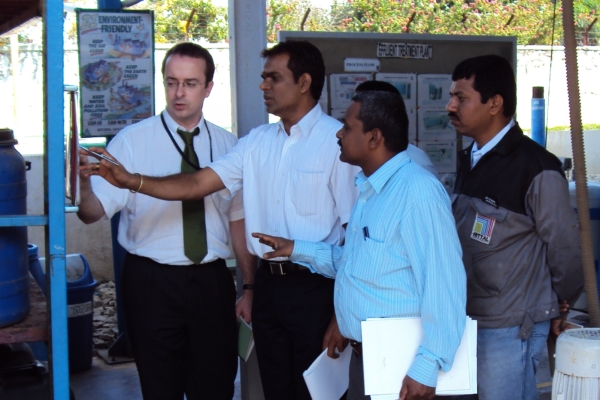
In the context of SME sector development in Sri Lanka (a project of the German Society for International Cooperation (GIZ)), Arqum was commissioned to support small and medium-sized enterprises on their path to energy efficiency. The aim of the project is to train energy experts and auditors on-site in order to allow successful energy efficiency […]
The new EU F-gas regulation is in force
Under the new regulations, the emissions of fluorinated greenhouse gases (F-gases) in the EU are supposed to be reduced by 70 million tonnes of CO2 equivalent to 35 million tonnes of CO2 equivalent by 2030. The existing requirements for the leak-tightness of refrigeration systems and the technical expertise of the maintenance firms remain in force. […]

